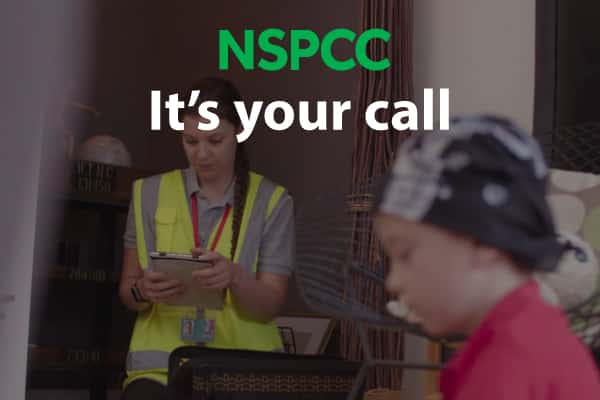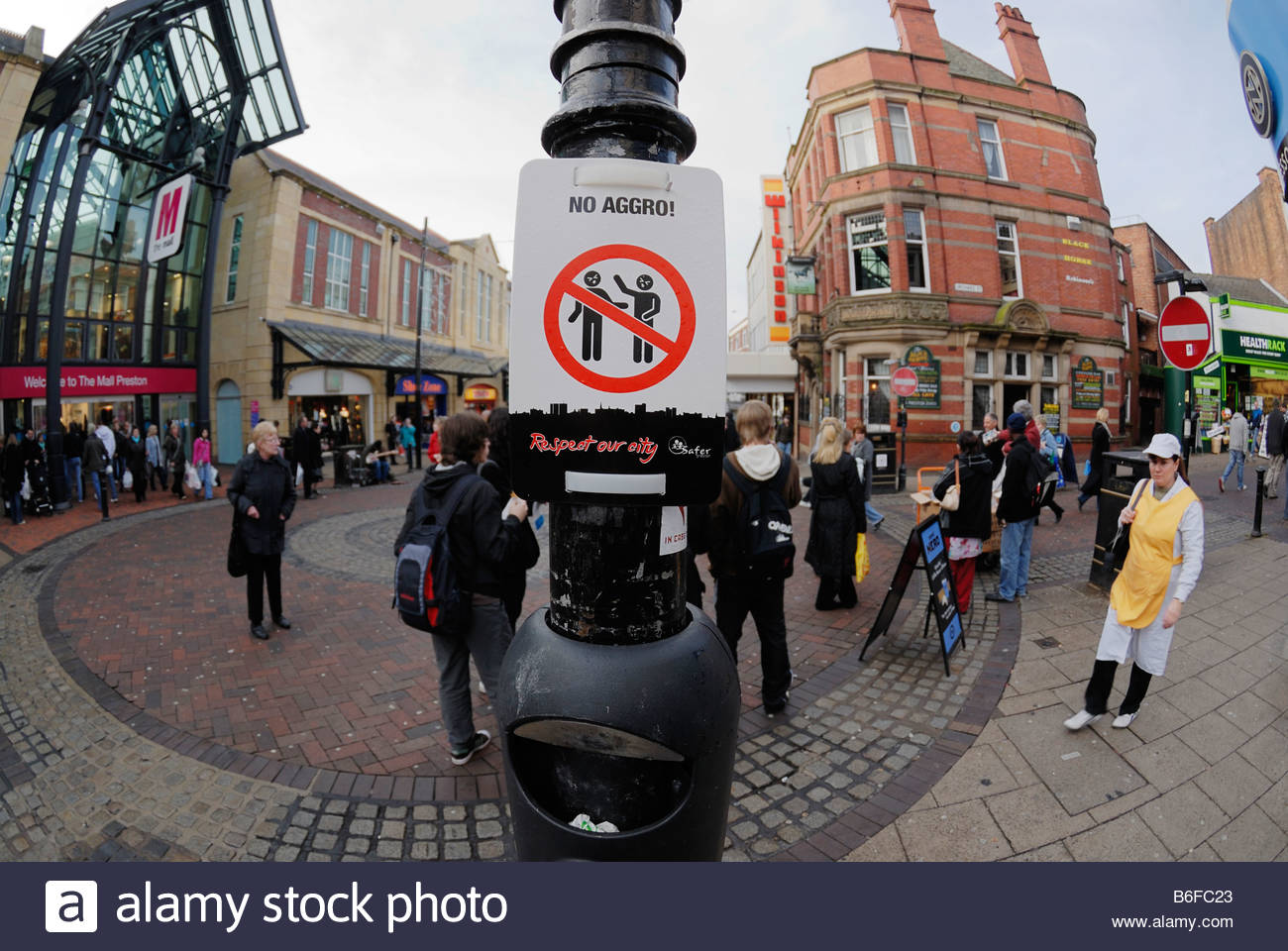
A new NSPCC training initiative has been launched to help local businesses spot children who are at risk of abuse and neglect.
The ‘It’s Your Call’ training is designed to give local businesses and sole traders whose job involves visiting customer’s homes, the knowledge and confidence to recognise possible signs of child abuse.
NSPCC Head of Helplines John Cameron said: “Professionals who come into contact with people and their homes through their jobs, may see or hear things that others may not. While it is not their job to decide if what they have seen is abuse or not, it is their responsibility to talk to someone to discuss their concerns.”
Last year, the NSPCC’s Helpline made 2,070 referrals to local agencies, such as the police or children’s services in the North of England, on the back of calls and emails – the majority of which were from people concerned a child was being neglected.
Neglect is the ongoing failure to meet a child’s basic needs and is the most common form of child abuse. A child may be left hungry or dirty, without adequate clothing, shelter, supervision, medical or health care. A child may be put in danger or not protected from physical or emotional harm.
Brad, a telephone engineer from Gateshead, called the NSPCC Helpline about a toddler who he feared was being neglected following a visit to a customer’s house to install satellite TV.
“She looked unhappy and was very dishevelled. She had dirt on her bare legs and, as a dad, I knew that the dirt wasn’t mud from playing out or that she’d made a mess with her food; it was a build-up of dirt and she looked like she hadn’t been washed in a while.
I knew I had to do something straight away. I had considered reporting it to someone when I thought it was just the adults there but I thought it was their life and it wasn’t for me to intervene. But knowing they had a young child in that mess was just unthinkable and someone needed to speak up for her.”
The NSPCC training course costs £30. Visit www.nspcc.org.uk/itsyourcall, email elearning@nspcc.org.uk or call 0808 800 5000.



